Play's the Thing: On Culture and Belonging
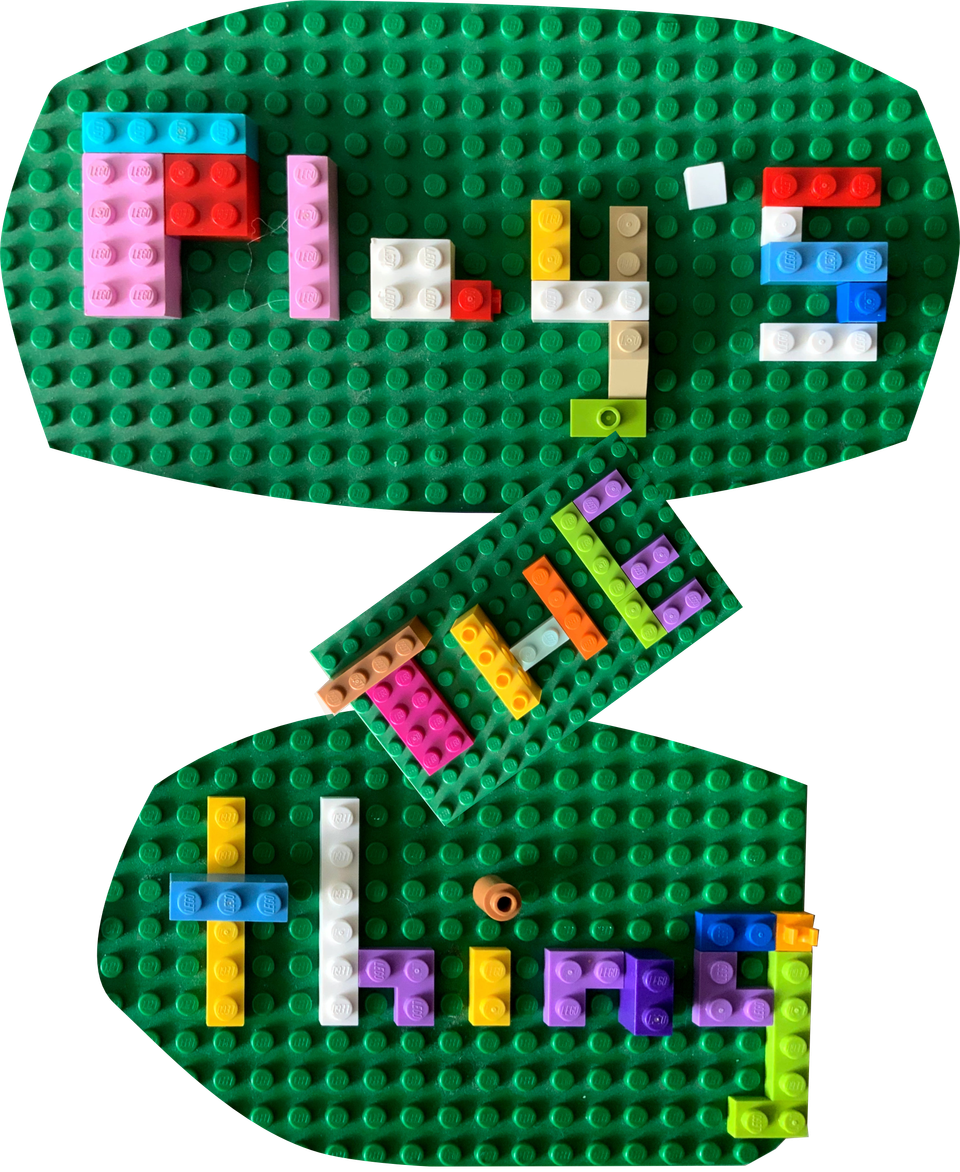
In the week leading up to this year’s first regional Pokemon tournament in Frankfurt, Germany, I had an unexpected sensation: nerves. My sense of anticipation was riding high, I was playing a fair amount online with the deck I was going to bring to the tournament…and I was having surprisingly good results. I even found myself imagining the possibility that I might play well enough in the early rounds that I could be chosen for one of the matches on the livestream and went so far as to imagine what I might say in the post match interview if I won.
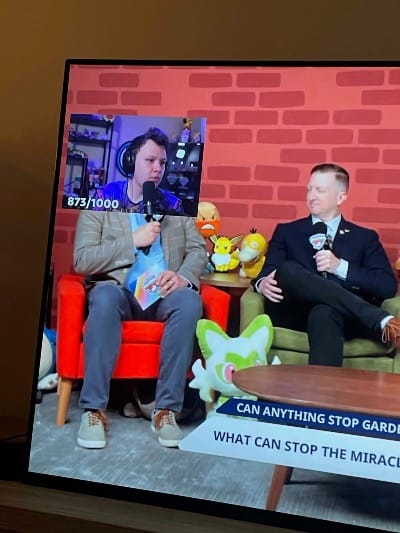
The day of the event, though, that sense of nervous giddiness eluded me. As we found our way into the convention center for what would turn out to be the largest European regional tournament ever[1], I felt a different unexpected sensation - but one that was nonetheless familiar:
I felt alienation. I looked around the room at all of the other players getting settled in and ready for the tournament. I looked at my own children reconnecting with friends they hadn’t seen for months. I looked at my own friends who were staking out positions from which to spectate and scout in support of their children. And I thought to myself, “This is a culture, but it’s not my culture.”
Of course, it’s a little more complicated than that because - as previously mentioned - I have been to A LOT of these tournaments as both player and spectator. I know a lot of the lingo and references, and I can exhibit a lot of the subtle behaviors of belonging. If at first it all felt anthropological, it has become something much more than that. It is a place where I can fit in, though not a place where I inherently fit in. I suppose that’s always true - no one, least of all me, just naturally fits anywhere - but there are varying degrees of exertion to fit in. This is an exercise in which I’m pretty well practiced; it’s part of the deal for being an immigrant - and as something of a serial migrant who has worked in a lot of different cultural contexts, I’ve become attuned to how hard I have to work to feel like I can pass for belonging[2].
There are aspects of identity that are flexible and adaptable. Over time, I also find there are aspects of identity that are stubbornly resistant to change. It will surprise longtime readers not at all to learn that one of the traits that seems to be pretty hard coded in me at this point is the preference for collaboration over competition. There are undoubtedly parts of the Pokemon subculture where the mode is more creative & collaborative, but that’s not the part I’ve found myself in and I haven’t been particularly motivated to seek any other part out. Pokemon is not a core part of my own identity in the same way that it is for my oldest two children.
Maybe I shouldn’t be so surprised? Even when I was fantasizing the postmatch winners interview, I imagined telling the interviewers that I’m just a pretender who is waiting for the other shoe to drop…needless to say, this isn’t how such interviews usually go.
Maybe I also shouldn’t be so surprised that my mind is on the culture surrounding the game, because for the past couple months I’ve been slowly working my way through Homo Ludens, the central thesis of which is that the activity of play is not an output of human culture but formational of human culture & society. I won’t go all the way into it - if you really want the deep cuts join Nerd Notes - but Huizinga’s argument in it is that play precedes things like laws and regulations, and in fact that the laws and regulations are trying to enshrine the values that were expressed through play.
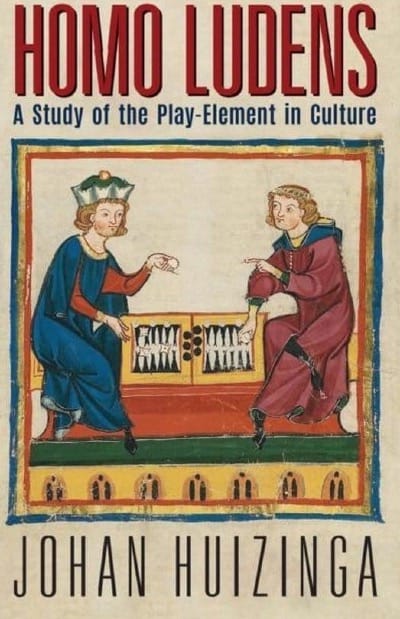
With that in mind, a couple of deep thoughts related to play, culture, and - groan, eye roll - artificial intelligence:
Separating out the game & the culture
Ever since reading Benjamin Labatut’s The Maniac last year, I keep coming back to the way that playing against AlphaGo so unnerved Lee Sedol that he retired from competitive play. I couldn’t fully wrap my head around it, but using the Homo Ludens lens clarifies it a bit for me: for an accomplished player like Sedol and for a game like Go, the game is not just a set of mechanics & rules in pursuit of an objective. The game itself is considered to be expressive and almost poetical. To play the game at that high of a level is not just a competitive pursuit - it is an expression of a set of values and even a certain aesthetic. Seeing the game reduced to its most fundamental elements and stripped away from its cultural context may have been what Sedol found so bewildering.
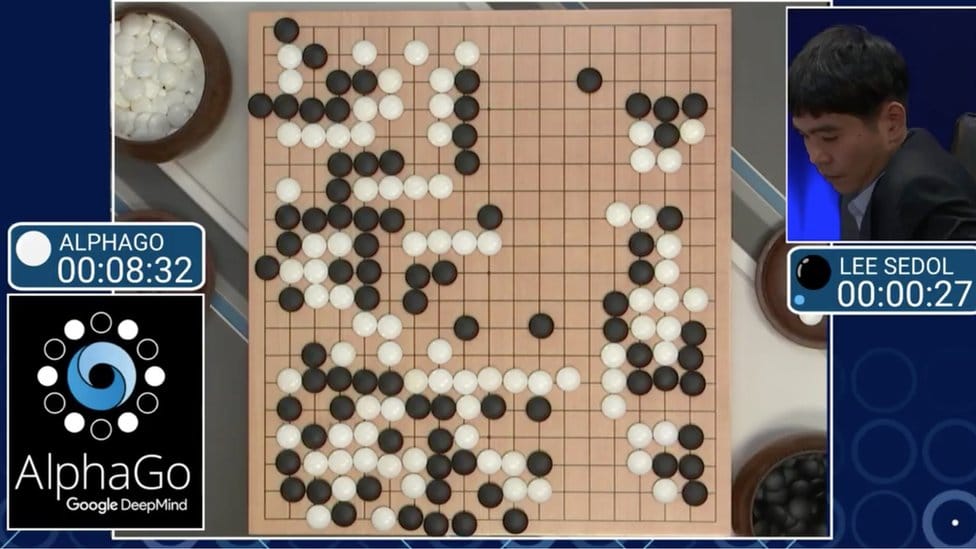
The pursuit of computational dominance of a game is in fact an expression of a set of beliefs and values. It says that everything that can be known is tacit, declarative. If it can’t be explicitly expressed than it’s value is almost nonexistent. That pure functional performance is the definition of supremacy. A culture that organizes around that set of beliefs will behave differently from one that believes in a certain mysterious wisdom, an understanding that is contextually and relationally situated, and an emotional expressiveness that is imprecise yet still articulate.
Cultural emergence
The way we play - and not just in competition but also in artistic expression, in abstract ritual, in entertaining each other - is a precursor of who we are becoming. This is Huizenga’s argument, that before we can formalize the structures of society that we start to demonstrate who we are and how we want to exist through our forms of play. Over time, the play element recedes as the structures are built and stabilized.
By extension, then, play becomes even more vital in times of transition. That’s why this project feels so necessary to me in this particular moment - it feels like a time of transition, and so by examining how we play and what we aspire to in our play we are defining the world we want to live in on the other side of the transition…and we also have a means to see the other forces that are shaping it. Will we live in a world of pure rationality & objectively measurable performance? Is that the direction we are headed in?
But this is where I do find some of the ways that I belong in the subculture around Pokemon, because I think about 2,400 adults showing up to play a game together. The majority - maybe even the vast majority - of those people don’t expect to be found at the top of the heap when the competition comes to an end. The culture is greater than just the competition.
Speaking of…
My idle fantasy of being on the stream didn’t come to pass. Of course it didn’t. In fact, in all of my practice with the deck online I had overlooked something pretty important: when I sit down to play at an in person event, the main thing I want is to feel like I am solving a complicated puzzle and making my opponent do the same. I want a proper match of wits.
I had chosen a deck that has a lot of auto wins and a lot of auto losses. It could have been a spectacularly unfun day.
Fortunately, it wasn’t that. By some measures, it was the best I’ve ever done in a tournament - I played through the 6th round before I was statistically eliminated from advancing. I made a couple of misplays that cost me a little bit, but for the most part I won the games I should have won, I didn’t hit any of my auto losses, and I came up short in close matches against more skilled players. My 6th round gave me that complicated puzzle I had been chasing, and by the time I lost my brain was fried. Imagine - the top players played 3 more rounds that day and then came back for another 5 the following day…and the best players after those 14 rounds then played a top 8 bracket. I don’t have the mental conditioning for that[3].
The kids fared pretty similarly. None of us made it to the second day of competition. But they were ecstatic to be back among their friends, and despite my game-addled brain we went out to dinner with our whole group of 4 families on Saturday night, and it was a kind of bliss.
- 2400 players in the Masters division!
- An aside: there's something uniquely special about outsider culture - the way that a group of people who all identify as outsiders or misfits can come together to create a shared culture that emerges from the various ways that they do and do not belong to the culture from which each member comes.
- I am tempted to type “Not yet” but let’s be real - I’m not going to try.

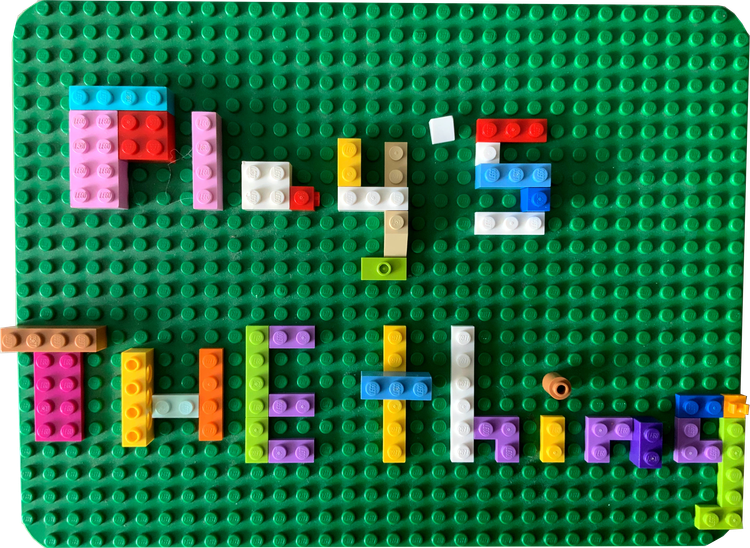
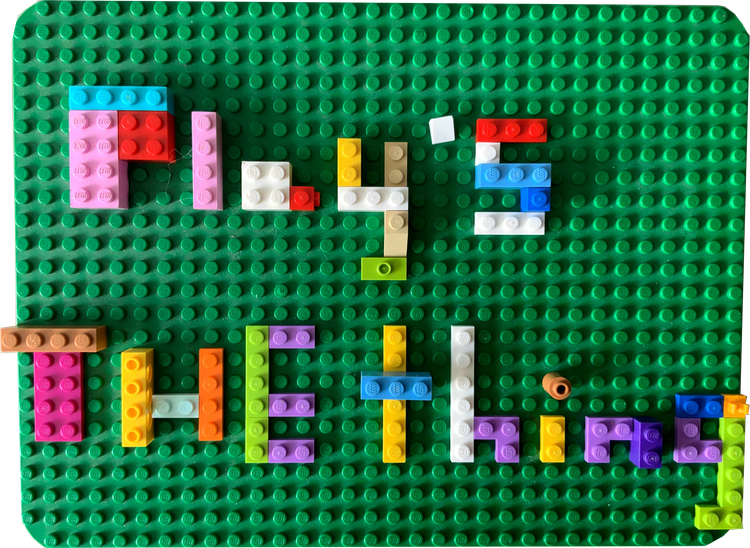
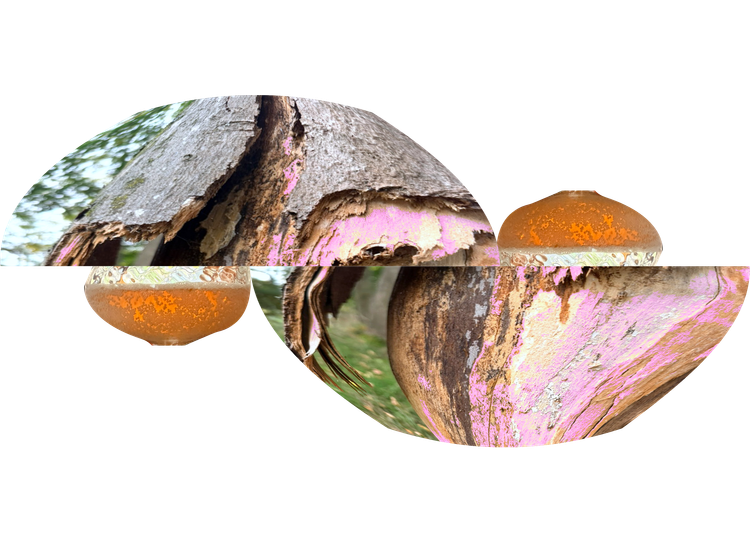
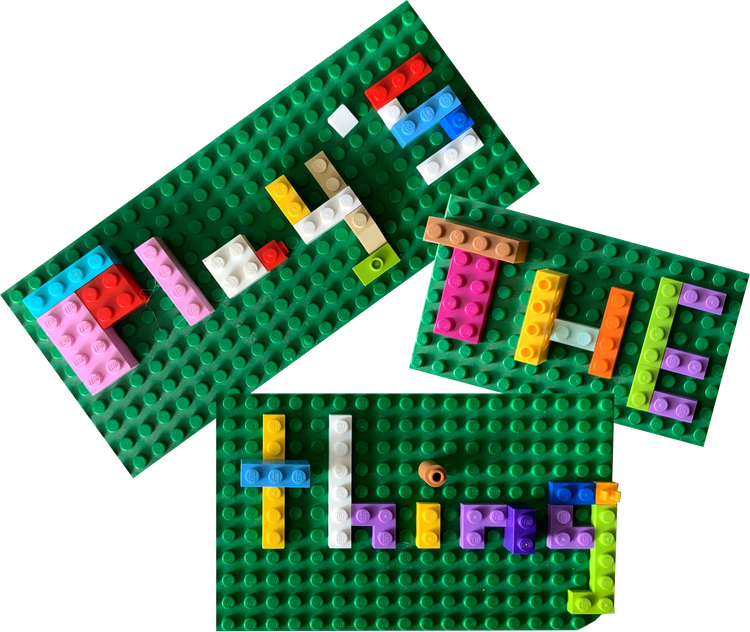

Member discussion